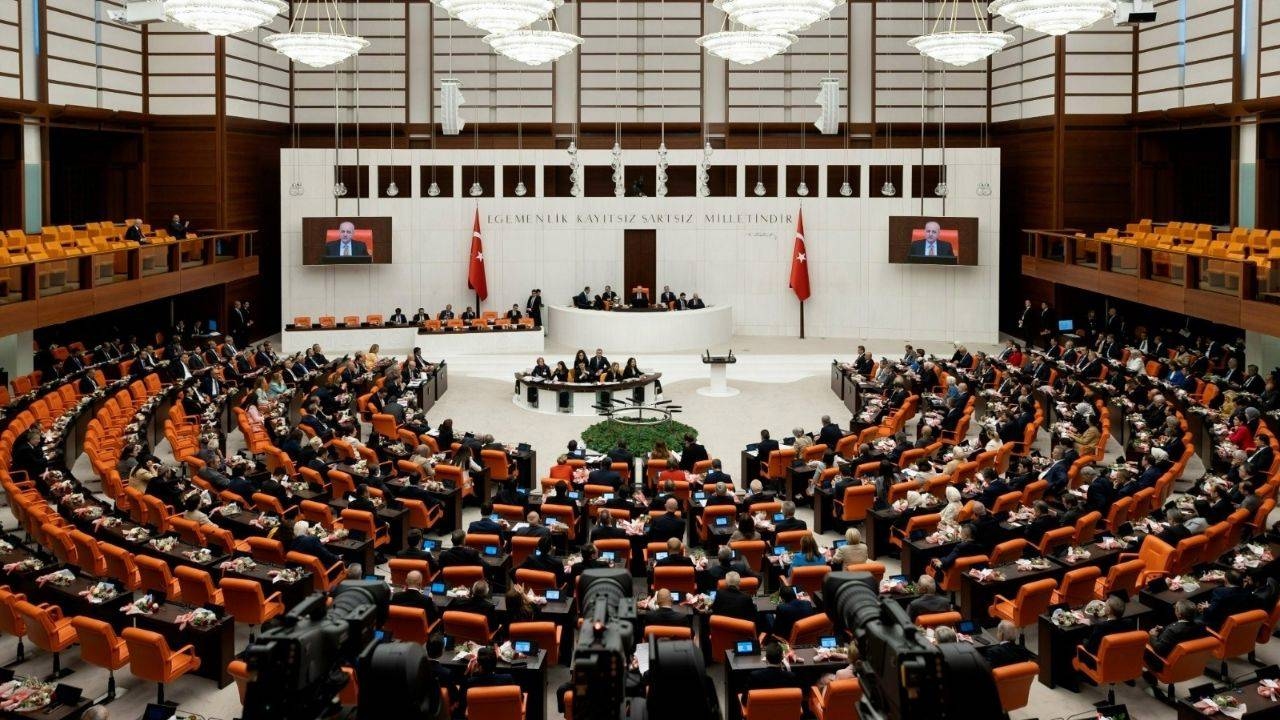CHP submitted a bill to re-establish military hospitals

A bill was submitted with the joint signature of CHP Group Deputy Chairs Murat Emir, Gökhan Günaydın and Ali Mahir Başarır regarding the re-establishment of closed military hospitals and the transfer of 25 healthcare institutions transferred to the Ministry of Health and the Health Sciences University to the Ministry of National Defense and the Gülhane Military Medical Academy.
The justification for the proposal submitted to the Presidency of the Grand National Assembly of Turkey on October 13 included the following statements:
The Turkish Armed Forces, the guarantor of our national security, serve for the peace, security, and independence of our nation both within and beyond our borders. There is another structure at least as crucial as the armed elements in the effective performance of our army's duties: the military healthcare system. The health, lives, and resilience of our soldiers on the front lines largely depend on the existence of this structure. Military hospitals and military doctors are not only medical services but also an integral part of the army's operational capacity on the battlefield. Military medicine is a specialized field that cannot be replaced by civilian healthcare services. In no democratic country would any government deprive its army of its military doctors and military hospitals; such a practice is neither rational nor compatible with the seriousness of the state.
"Türkiye HAS BECOME THE ONLY NATO COUNTRY WITHOUT A MILITARY HOSPITAL"However, following the coup attempt on July 15, 2016, Decree Law No. 669, enacted following the coup attempt, transferred 25 military hospitals operating across Turkey, including the Gülhane Military Medical Academy (GATA), to the Ministry of Health. This move severed the military healthcare system from the institutional structure of the General Staff and relegated it to a civilian structure, resulting in an unprecedented institutional purge in the history of the Republic. Thus, Turkey became the only NATO country without a military hospital. Following this decision, the military healthcare system suffered a severe blow. More than 2,000 military doctors and medical personnel were forced out of the system, with a significant number resigning or transferring to the private sector. The number of specialist combat surgeons fell to 347, and institutional capacity for combat surgery was virtually eliminated. The destruction of military healthcare infrastructure significantly limited Turkish soldiers' access to rapid and effective healthcare in cross-border operational zones, leading to the loss of critical minutes in the event of injuries sustained on the front lines. This situation is not a health policy, but a security vulnerability.
"IT IS AN ESSENTIAL STEP TO COMPENSATE FOR THE STRUCTURAL GAPS"Over the past nine years, the lack of a military health infrastructure has created serious gaps both in the operational arena and in the national security strategy. Reestablishing the military health system requires not only an administrative transfer but also the rebuilding of institutional memory, specialized staff, archives, training curricula, and military discipline. Reopening military hospitals and reestablishing military medical training will increase the operational power of our army, strengthen the security of our soldiers on the front lines, and strengthen our national security in times of war and crisis. In this context, the proposed regulation is a necessary step to compensate for the structural gap created by the destruction of the military health system. In light of this, the adoption of our bill, prepared to reopen the military hospitals closed in 2016 under the auspices of the Ministry of National Defense, reestablish the military health system, and revitalize military medical training, is of great necessity.
BirGün







